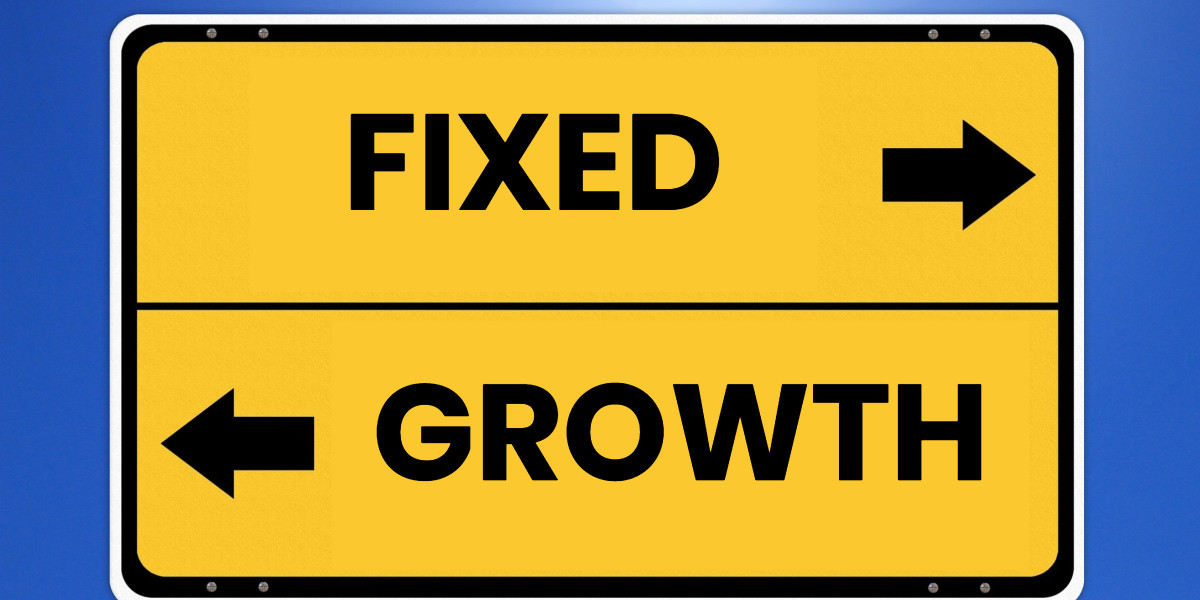You’ve got to say this for lockdown: Without it, you might never have realized how adaptive you can be, including with your mindsets. A few months ago, the idea of having to suddenly pivot to a new way of working might have seemed anywhere from “daunting” to “impossible.”
Sure, things might not be working perfectly right now. There are really tough, frustrating moments every day. But a few months into lockdown, I’m guessing you’ve figured out a lot. You’ve created new routines.
You’ve tweaked your time management strategies to work inside those routines and found new ways to communicate with coworkers and clients. If you’re sharing space with kids who are doing remote schoolwork and/or other adults working from home, you’ve negotiated some ways to make that setup meet everyone’s needs.
But, yeah, things are still tough. We’ve passed the emergency make-it-work phase of the pandemic and have entered a kind of maintenance phase, which comes with its own challenges. There’s still so much stress and uncertainty to contend with every day, and those can be real barriers to productivity. I’m hearing from a lot of clients who have set up their pandemic routines and are now struggling with something new: What sort of mindset should I be striving for right now?
Your Mindset and Time Management
The psychologist Carol Dweck has done a lot of work on mindset that can be really relevant right now. She describes two kinds of mindsets, fixed and growth.

- A fixed mindset assumes that you’re born with a certain set of skills and talents, and that these qualities are basically unchangeable. Someone with a fixed mindset assumes that a lot of effort is useless because there’s only so much they can change about themselves. They tend to avoid challenges and criticism.
- A growth mindset assumes that the skills and talents you’re born with are just a starting point, and that you can get better at anything you practice at and work toward. Someone with a growth mindset is constantly looking for opportunities to grow and improve.
These folks embrace challenges, and they tend to see criticism and mistakes as valuable tools that they can learn from.
I don’t think it’s surprising that Carol Dweck’s research found that people with growth mindsets tended to reach higher achievements than their peers with fixed mindsets. Believing there’s little use in striving to get better isn’t compatible with success.
How does this help you with productivity and time management during the pandemic?
If nothing else, focusing on the “mistakes are useful” piece could help. Even if you feel like you’ve gotten the hang of lockdown, it’s still new. You’ve probably had days when you really struggled with productivity or felt like you were really dropping the ball at work.
Few people like focusing on their mistakes. Noticing them and learning from them may take a real mental shift. Going forward, can you be really thoughtful about adopting a growth mindset and reframing those mistakes as learning opportunities? When you’re reflecting on a bad day or a rough meeting, can you ask yourself, “How can I make a shift so that, next time, [X] happens instead of [Y]?”
As you’re looking for mistakes, don’t forget to also be gentle with yourself.
During this strange and heightened time, just about everyone is struggling with productivity and time management. Being really intentional about adopting a growth mindset might help you feel like you’re more in control of your time and work, but there will still be tough days. I can’t stress enough the importance of leaning on your support system of family members, friends, mentors and coworkers. We’re all in need of that extra support right now.
Speaking of personal support, I hope you’ll join me on Sunday night for a True Focus Community Call. These are quick virtual gatherings that I’m leading on Facebook every Sunday night at 7 pm ET (4 pm PT). Come by, drop a comment and I’ll answer your questions in real time.
Join me for this weekly gathering by clicking here.
Be well,
Sarah
- Want to Enjoy a Peaceful, Productive 2025? Get Ready with These 9 Questions - December 18, 2024
- Could Practicing Gratitude Improve Your Time Management and Productivity? - November 26, 2024
- Try This Exercise for Better Productivity, Less Anxiety and More Peace - November 15, 2024



